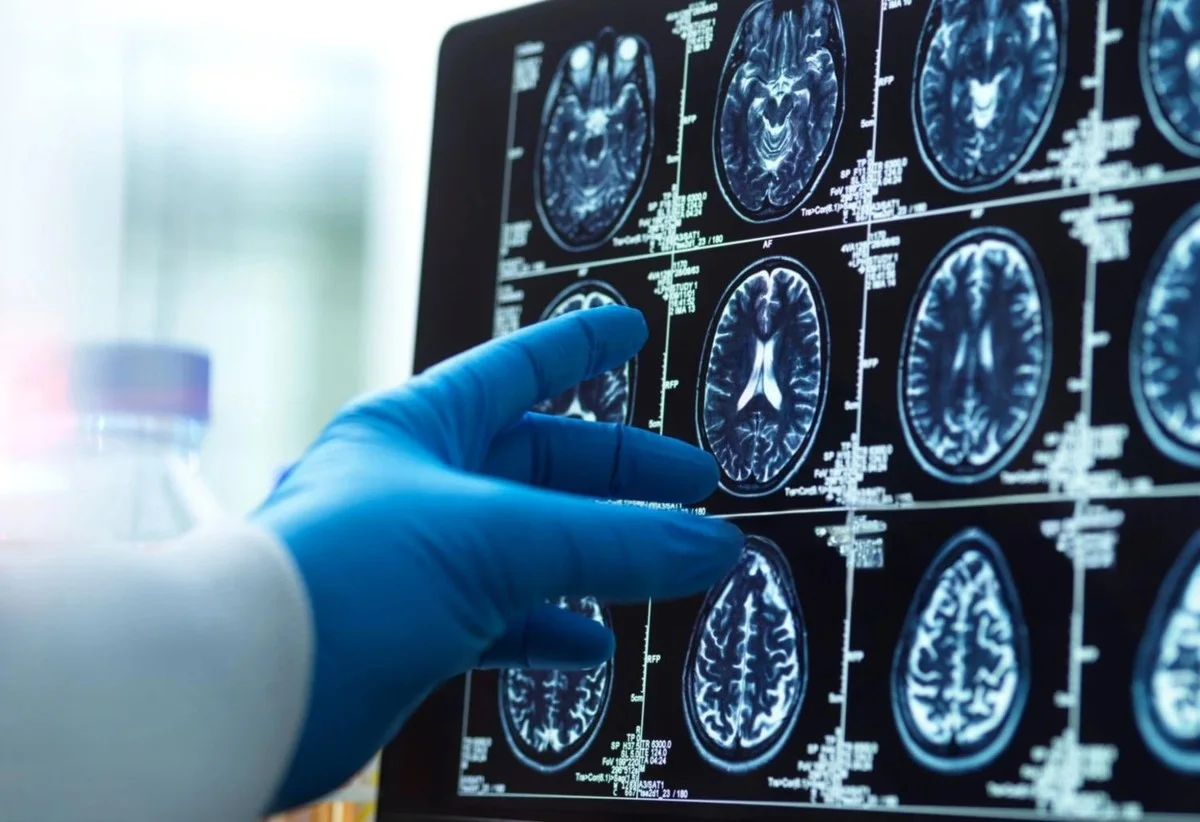17/08/2025
17/08/2025

LONDON, Aug 17: The COVID-19 pandemic has left lasting effects on both physical and mental health, with new research suggesting it also accelerated brain aging, even among those who were never infected with the virus.
A study published recently in Nature Communications reported that living through the pandemic aged the human brain by about 5.5 months on average. The findings were based on brain scans from 1,000 individuals taken during and before the pandemic, compared with scans from people studied in non-pandemic periods.
The research, led by Ali-Reza Mohammadi-Nejad of the University of Nottingham School of Medicine, examined brain function, gray and white matter volume, cognitive performance, and chronological age. Gray matter is vital for memory, emotions, and movement, while white matter helps transmit electrical signals between nerve cells.
The accelerated aging was observed in both those infected with COVID-19 and those who were not, pointing to broader pandemic-related factors such as stress, reduced social interactions, and lifestyle disruptions. “We found that participants who simply lived through the pandemic period, regardless of infection, also showed signs of slightly accelerated brain aging,” Mohammadi-Nejad said. “This highlights that the broader experience of the pandemic — including disruptions to daily life, stress, reduced social interactions, and reduced activity—may have had a measurable impact on brain health.”
The study further revealed that the impact was more pronounced in certain groups, including men, the elderly, people with poor health, lower income or education levels, and those facing unstable housing or employment. For example, individuals with less stable jobs experienced an additional five months of brain aging, while poorer health contributed to around four months of added aging.
Only those who contracted COVID-19 showed declines in cognitive skills, the study noted. However, the accelerated aging seen even in uninfected participants underscores the need to consider wider health consequences of societal crises beyond physical illness.
“Brain health can be influenced by everyday life activities, and major societal disruptions—like those experienced during the pandemic—can leave a mark even in healthy individuals,” Mohammadi-Nejad emphasized. “This adds to our understanding of public health by reinforcing the importance of considering mental, cognitive, and social well-being alongside traditional physical health indicators during future crisis-response planning.”
Although the research did not focus on treatments, Mohammadi-Nejad highlighted the importance of brain-health strategies such as maintaining a balanced diet, regular exercise, adequate sleep, and strong social and cognitive engagement. Whether such measures can reverse the changes observed, he added, remains an open question.


